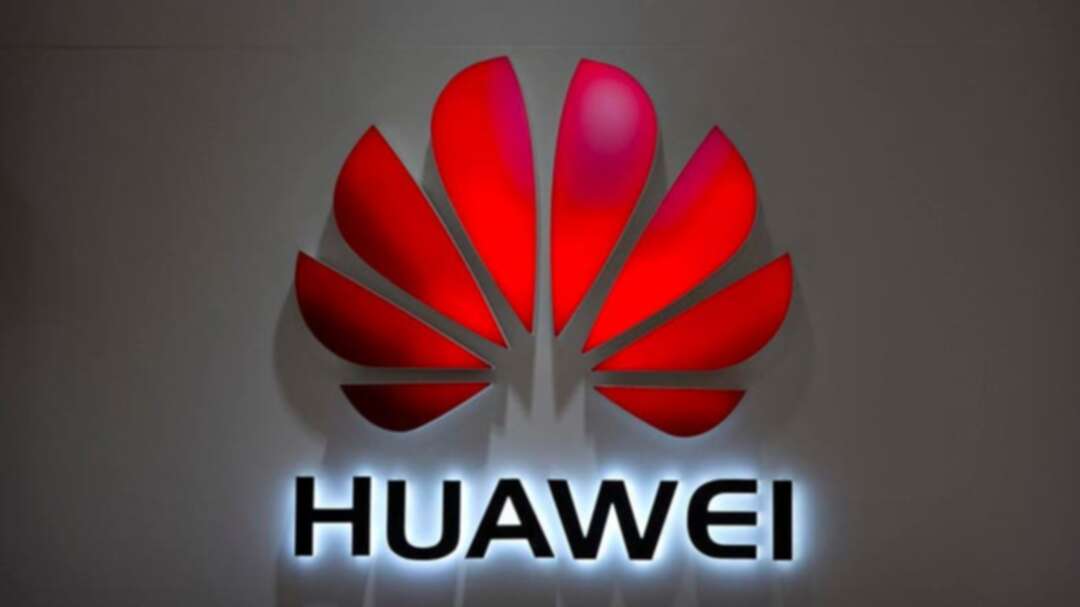-
US accuses Chinese tech giant Huawei of stealing trade secrets, assisting Iran

US prosecutors on Thursday accused Huawei of stealing trade secrets and helping Iran track protesters in the latest indictment against the Chinese company, escalating the US battle with the world’s largest telecommunications equipment maker.
In the indictment, which supersedes one unsealed last year in federal court in Brooklyn, New York, Huawei Technologies Co was charged with conspiring to steal trade secrets from six US technology companies and to violate a racketeering law typically used to combat organized crime.
It also contains new allegations about the company’s involvement in countries subject to sanctions. Among other accusations, it says Huawei installed surveillance equipment in Iran that was used to monitor, identify, and detain protesters during the 2009 anti-government demonstrations in Tehran.
The United States has been waging a campaign against Huawei, which it has warned could spy on customers for Beijing. Washington placed the company on a trade blacklist last year, citing national security concerns.
The indictment is “part of an attempt to irrevocably damage Huawei’s reputation and its business for reasons related to competition rather than law enforcement,” Huawei said in a statement.
It called the racketeering accusation “a contrived repackaging of a handful of civil allegations that are almost 20 years old.”
Huawei pleaded not guilty to the earlier indictment unsealed against the company in January 2019, which charged it with bank and wire fraud, violating sanctions against Iran, and obstructing justice.
Its chief financial officer Meng Wanzhou was arrested in December 2018 in Canada on charges in that indictment, causing an uproar in China and a chill in Canadian-Chinese relations. She has said she is innocent and is fighting extradition.
There are no new charges against Meng in the superseding indictment.
New charges
The new trade secret theft charges relate to internet router source code, cellular antenna technology, and robotics.
For example, beginning in 2000, Huawei and its subsidiary Futurewei Technologies Inc are accused of misappropriating operating system source code for internet routers, commands used to communicate with the routers, and operating system manuals, from a company in Northern California. Futurewei was added as a defendant in the latest indictment.
Huawei then sold their routers in the United States as lower-cost versions of the US company’s products, the indictment says.
Although the US company is not identified, Cisco Systems sued Huawei in Texas in 2003 over copyright infringement related to its routers.
Huawei is also accused of recruiting employees from other companies, making efforts to get intellectual property from those companies, and using professors at research institutions to obtain technology.
“The indictment paints a damning portrait of an illegitimate organization that lacks any regard for the law,” US Senate Intelligence Committee chairman Richard Burr and vice chairman Mark Warner said in a joint statement.
The Republican and Democratic Senators called it “an important step in combating Huawei’s state-directed and criminal enterprise.”
The indictment also accuses Meng and Huawei of conspiring to defraud HSBC and other banks by misrepresenting Huawei’s relationship with a company that operated in Iran.
It references reporting by Reuters from seven years ago about Huawei’s ties to Skycom Tech Co Ltd, which offered to sell US-origin goods to Iran, in violation of US law. It also mentions news reports in Reuters and the Wall Street Journal that claimed Huawei assisted the government of Iran in domestic surveillance.
In addition to accusing Huawei of lying about its operations in Iran, the latest indictment says Huawei falsely represented to banks that it had no business in North Korea.
The US Commerce Department in May put Huawei on a trade blacklist that restricted US suppliers from selling parts and components to the company.
On Thursday, in some positive news for the company, the Commerce Department announced it was extending a temporary general license for 45 days allowing US companies to continue doing some business with Huawei. The move is intended to maintain existing equipment and allow providers in rural communities more time to find alternatives to the company’s networks.
At the same time, the United States is weighing new regulations to stop more foreign shipments of products with US technology to Huawei.
And Washington has continued to pressure other countries to drop Huawei from their cellular networks over its claim the equipment could be used by Beijing for spying.
source: Reuters
Tags
You May Also Like
Popular Posts
Caricature
BENEFIT Sponsors BuildHer...
- April 23, 2025
BENEFIT, the Kingdom’s innovator and leading company in Fintech and electronic financial transactions service, has sponsored the BuildHer CityHack 2025 Hackathon, a two-day event spearheaded by the College of Engineering and Technology at the Royal University for Women (RUW).
Aimed at secondary school students, the event brought together a distinguished group of academic professionals and technology experts to mentor and inspire young participants.
More than 100 high school students from across the Kingdom of Bahrain took part in the hackathon, which featured an intensive programme of training workshops and hands-on sessions. These activities were tailored to enhance participants’ critical thinking, collaborative problem-solving, and team-building capabilities, while also encouraging the development of practical and sustainable solutions to contemporary challenges using modern technological tools.
BENEFIT’s Chief Executive Mr. Abdulwahed AlJanahi, commented: “Our support for this educational hackathon reflects our long-term strategic vision to nurture the talents of emerging national youth and empower the next generation of accomplished female leaders in technology. By fostering creativity and innovation, we aim to contribute meaningfully to Bahrain’s comprehensive development goals and align with the aspirations outlined in the Kingdom’s Vision 2030—an ambition in which BENEFIT plays a central role.”
Professor Riyadh Yousif Hamzah, President of the Royal University for Women, commented: “This initiative reflects our commitment to advancing women in STEM fields. We're cultivating a generation of creative, solution-driven female leaders who will drive national development. Our partnership with BENEFIT exemplifies the powerful synergy between academia and private sector in supporting educational innovation.”
Hanan Abdulla Hasan, Senior Manager, PR & Communication at BENEFIT, said: “We are honoured to collaborate with RUW in supporting this remarkable technology-focused event. It highlights our commitment to social responsibility, and our ongoing efforts to enhance the digital and innovation capabilities of young Bahraini women and foster their ability to harness technological tools in the service of a smarter, more sustainable future.”
For his part, Dr. Humam ElAgha, Acting Dean of the College of Engineering and Technology at the University, said: “BuildHer CityHack 2025 embodies our hands-on approach to education. By tackling real-world problems through creative thinking and sustainable solutions, we're preparing women to thrive in the knowledge economy – a cornerstone of the University's vision.”
opinion
Report
ads
Newsletter
Subscribe to our mailing list to get the new updates!






















